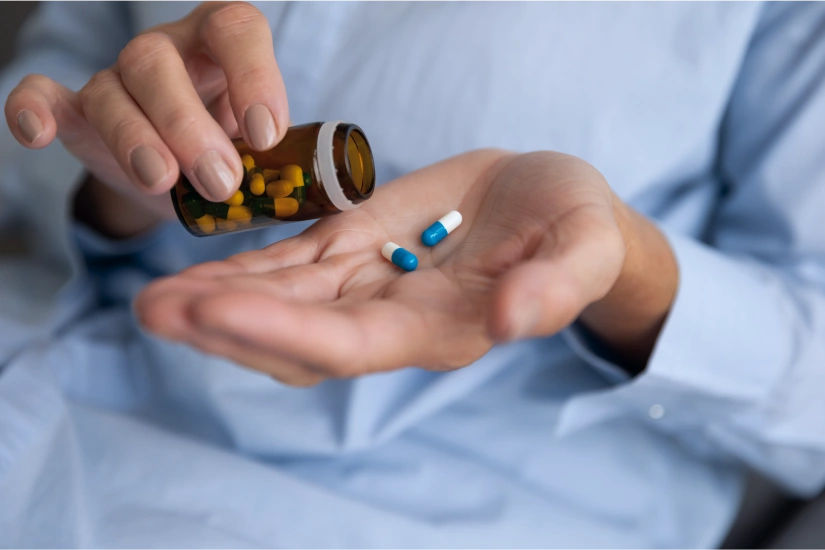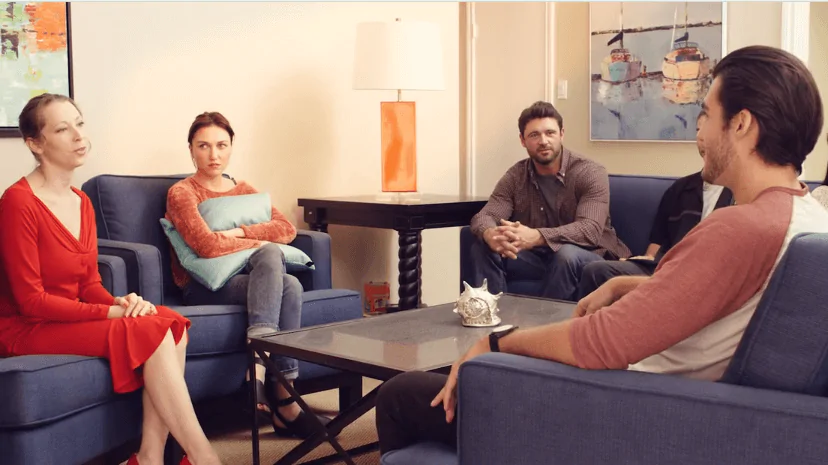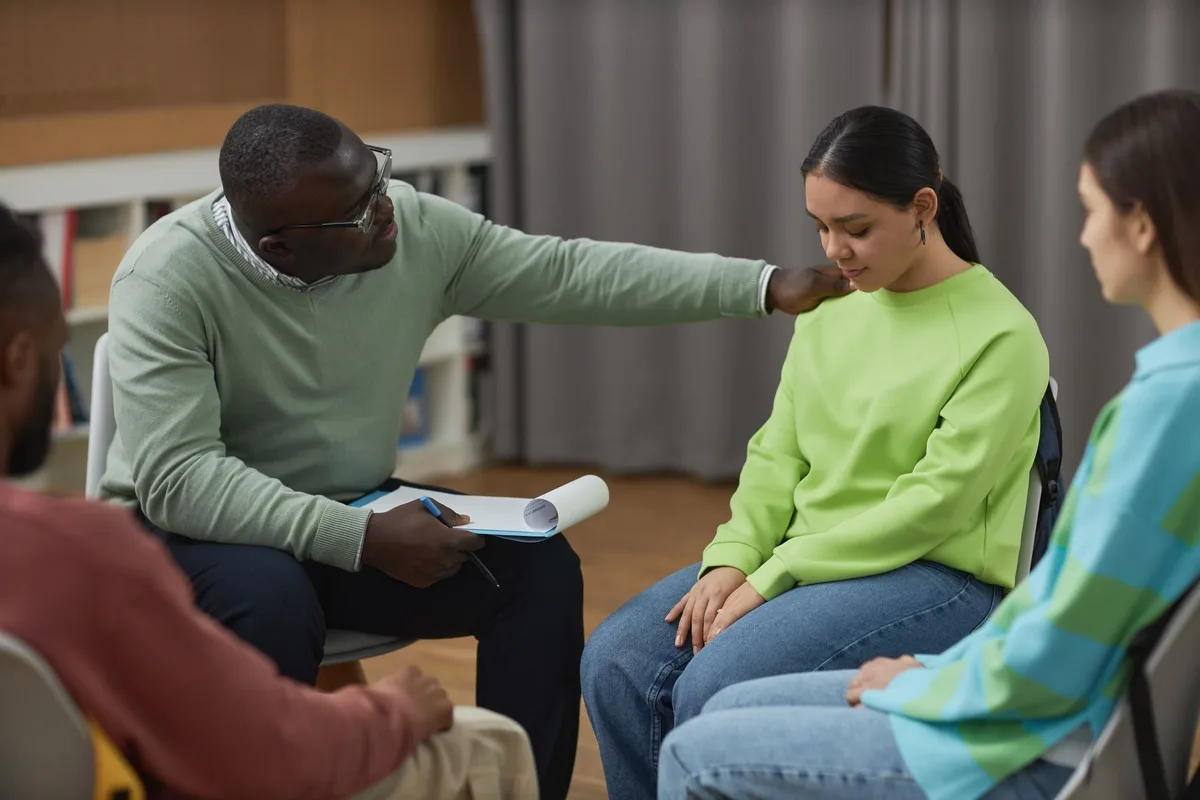24/7 Helpline:
(866) 899-221924/7 Helpline:
(866) 899-2219
Learn more about Inpatient Rehab centers in North Charleston
Inpatient Rehab in Other Cities

Other Insurance Options

Cigna

Choice Care Network

Carleon

Aetna

Private insurance

Magellan Health

State Farm
Beacon

Excellus

Meritain

WellPoint

PHCS Network

Self-pay options

Health Partners

Amerigroup

Molina Healthcare

CareSource

UMR

Humana

United Health Care

Crossroads Treatment Centers
Crossroads Treatment Center in Charleston, South Carolina provides effective and caring outpatient r...

Transcendence Treatment Center
Transcendence Treatment Center is a public rehab located in North Charleston, South Carolina. Transc...

Waypoint Recovery Center
Waypoint Recovery Center - Netherby Lane offers outpatient treatment for individuals with alcohol an...











Center for Behavioral Health
Center for Behavioral Health is a private rehab located in North Charleston, South Carolina. Center ...

Positive Feedback Professional Counseling
Positive Feedback Professional Counseling is a private rehab located in North Charleston, South Caro...

South Carolina STRONG
South Carolina STRONG is a non-profit rehab located in North Charleston, South Carolina. South Carol...

AA – Alcoholics Anonymous – North Area Group
AA – Alcoholics Anonymous – North Area Group is a private rehab located in North Charleston, South C...

AA – Alcoholics Anonymous
AA – Alcoholics Anonymous is a private rehab located in North Charleston, South Carolina. AA – Alcoh...

Palmetto Lowcountry Behavioral Health
Palmetto Lowcountry Behavioral Health in Charleston, SC provides a broad range of co-occurring menta...


